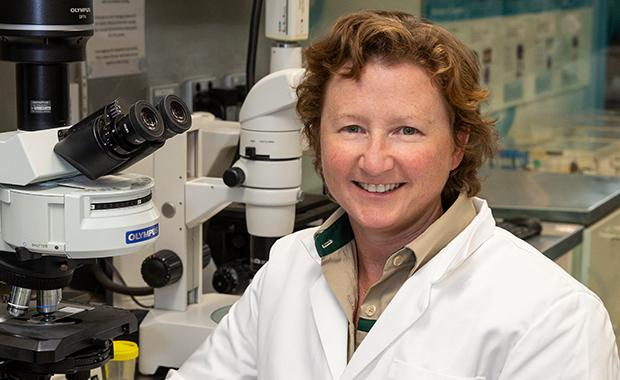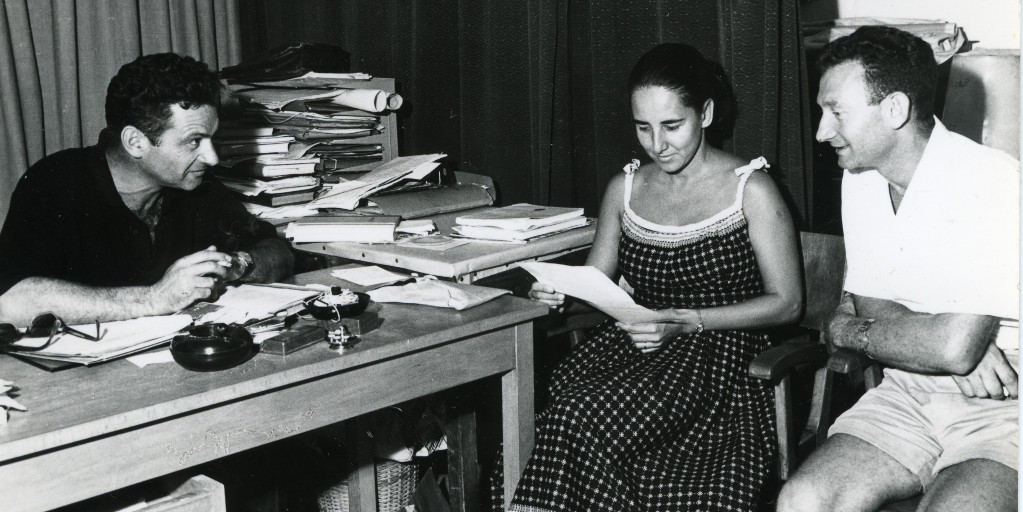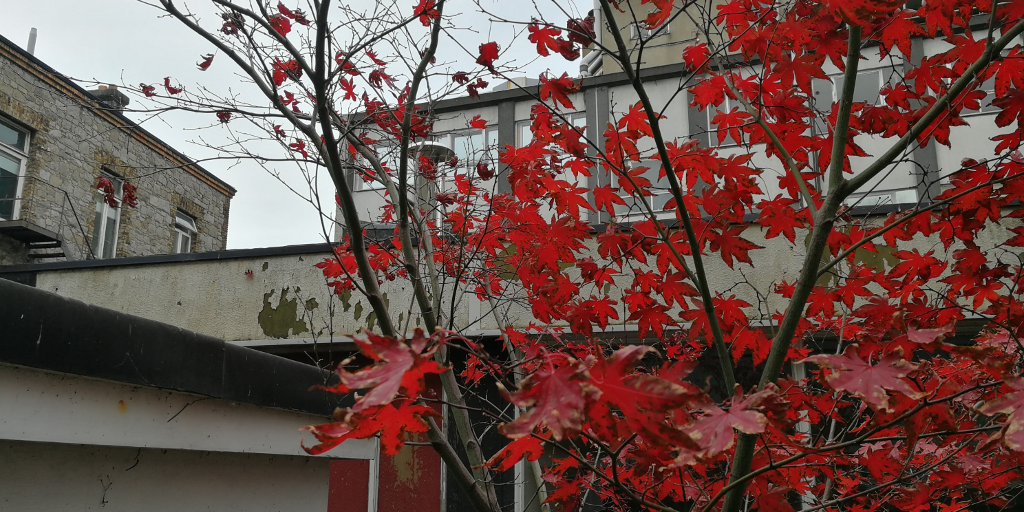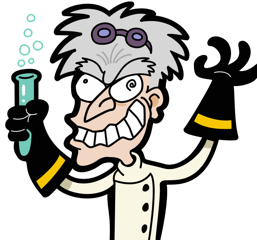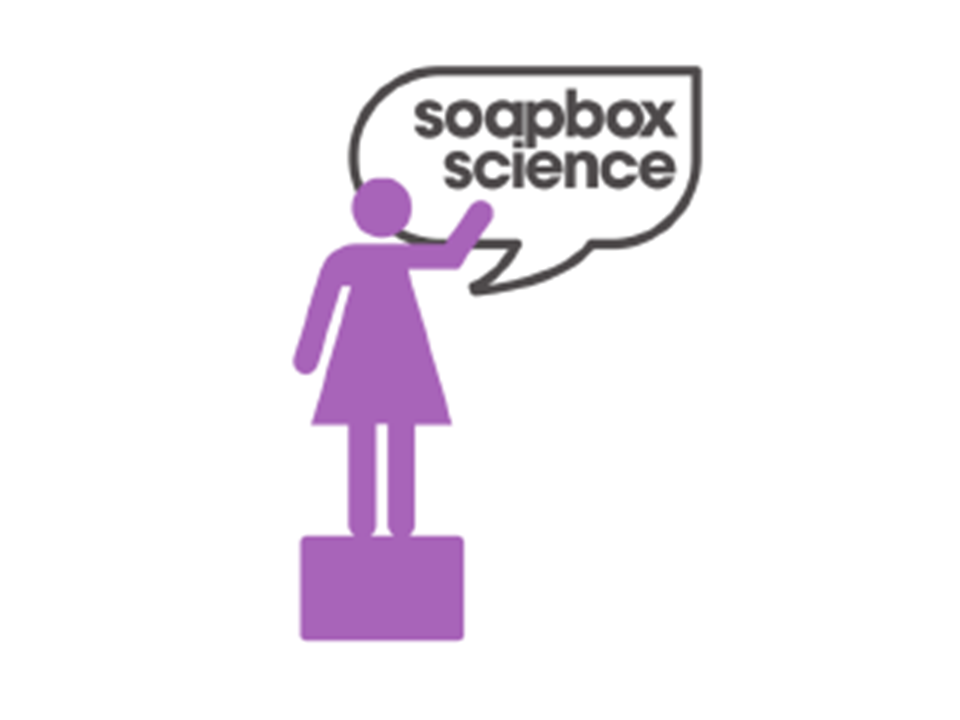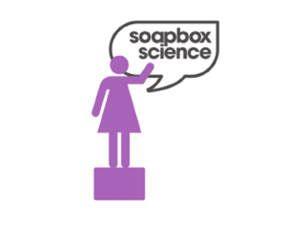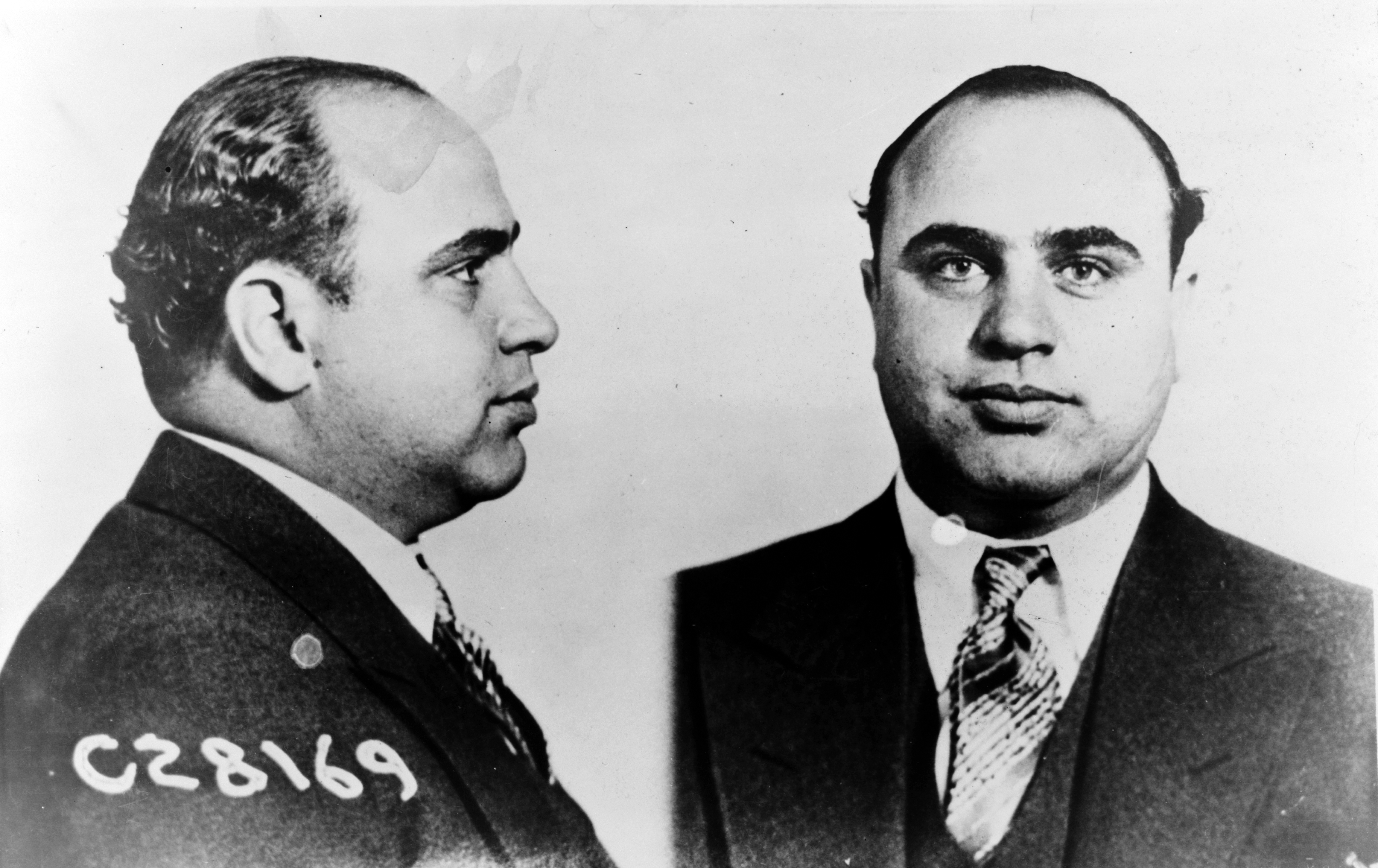Header image courtesy Zoos Victoria
In answer to the call for posts about ‘Modern Women in Science’, I decided to write about my sister: Dr Elizabeth Dobson BSc (Biology), BSc (Vet. Bio), BVMS (Hons), MSc, Diplomate ACVP.
Why my sister? Well, first because she’s an accomplished scientist in the field of veterinary and wildlife pathology. And second, because she’s had a unique career. It’s an example of how scientists can draw on diverse experiences to shape their future and play an active role in carving out a professional niche that aligns with their goals (and financial needs!).
Continue reading “Sisters in Science: Dr Liz Dobson”
